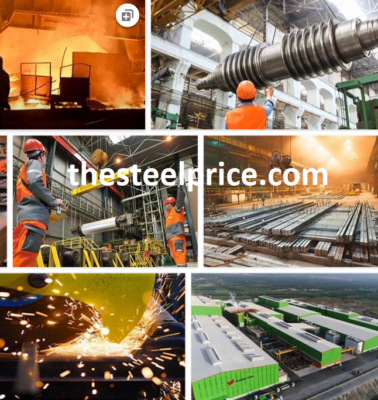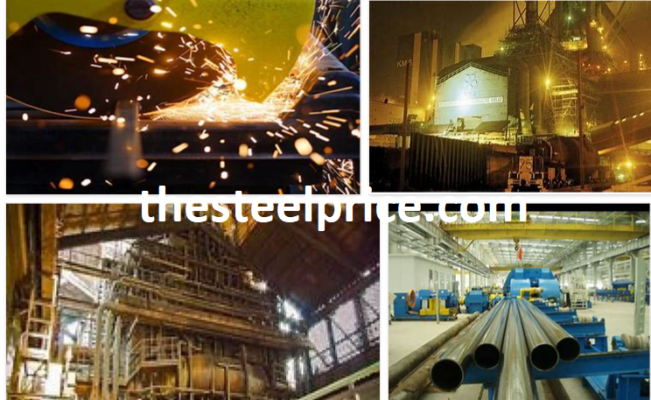Top 10 Europe Steel Producers
Europe is one of the largest consumers of Top 10 Europe Steel Producers and Turkey is a leading producer. This country has been steadily increasing its production over the past decade, and in 2014 it produced 35.7 million tonnes, up from 24.4 million tonnes in 2007. In 2012, Turkey produced 35.4 millions tonnes of steel. Exports of steel bars are valued at $256 million and represent about 1% of its export economy. Acerinox is based in Madrid, Spain, and produces long and flat stainless-steel products.

In 2014, Germany was the world’s second largest steel producer, producing 42.9 million tons of steel. This was a slight increase from 2013 and 2012, when the country topped the list. The highest production, according to the World Steel Association, was in 2007, when Germany produced 48.6 million tonnes of steel. In addition to manufacturing and processing steel, Germany produces a wide variety of products made of steel. Its steel-containing exports include automotive parts, electronics, construction materials, and energy.
Steel is the most important raw material for many industries. In the EU, steel manufacturers account for 37% of the world’s total output. This makes the EU the second largest producer of steel in the world behind China. The steel industry plays an important role in several industries, including the construction industry, the automotive industry, and the energy sector. Therefore, it is important to support and promote the European industry and the steel production in the region.
In the US, the European steel industry is dominated by a handful of global giants. In Europe, the European Union is the second largest producer of steel after China. Several industries are reliant on the steel industry. These include the automotive industry, the construction industry, the electronics industry, and the energy sector. However, there are many others which benefit from the EU’s steel production. In this case, the EU steel producers make up a major portion of the EU’s economy.
In the world, Europe is responsible for 37% of the world’s steel. The European Union is the second largest producer after China. The EU produces 177 million tonnes of steel annually, and its member countries are the second-largest steel producer in the world. The steel industry is important in many sectors, including the automotive industry. Furthermore, it is vital to the construction industry, the electrical engineering industry, and the energy industry.
The EU has a number of major europe steel producers. The largest is ArcelorMittal, which operates in more than 60 countries. The company is headquartered in Luxembourg and is part of the Schmolz + Bickenbach group. It is one of the top 10 europe steel producers. The company supplies products to construction, packaging, and automotive markets. Further, the EU produces a large volume of crude steel. Its main products include stainless steel and copper.
Europe steel producers
The European Union produces a large amount of steel, and despite its low production, it is still a major part of the global economy. The EU is the largest producer, and it is a major contributor to the global steel market. Its countries produce about 159 million tonnes of crude iron. The US is the second-largest producer in the world, with over 86 million tons of steel produced annually.
The company is one of the biggest producers in the world. Its products range from automobiles to construction materials. In addition to their core products, they also produce steel for various applications. This makes it a valuable asset for long-term portfolios. In the First World, infrastructure is badly in need of renewal. In the emerging economies, growth is accelerating, and so is steelmaking. As a result, they can benefit from high-quality steel to meet the needs of the rapidly-growing global market.
A steelmaker is a key part of the economy. Besides producing metal for cars and construction projects, steel is also a key component in construction projects. The European continent produces about 15% of the world’s crude steel. The rest of the world produces only a small amount of this commodity, but it is still an important part of the global economy. A good company can provide quality, inexpensive and reliable supplies of raw materials to the manufacturing industry.


